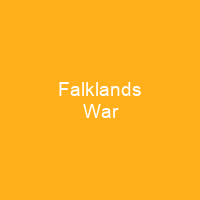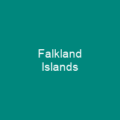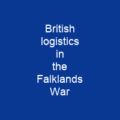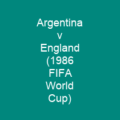The Falklands War was a 10-week undeclared war between Argentina and the United Kingdom in 1982. The conflict was a major episode in the protracted dispute over the territories’ sovereignty. In total, 649 Argentine military personnel, 255 British military personnel and three Falkland Islanders died during the hostilities. Patriotic sentiment ran high in Argentina, but the unfavourable outcome prompted large protests against the ruling military government.
About Falklands War in brief

In December 1981 there was a further change in the Argentine military regime, bringing to office a new junta headed by General Leopoldo Galtieri. By opting for military action, the Argentine government hoped to mobilise the long-standing patriotic feelings of the Argentines towards the islands, diverting public attention from the chronic human rights violations of the Dirty War. The Falklands conflict has had a strong effect in both countries and has been the subject of various books, articles, films, and songs. It is still a common topic for discussion in the UK, where it remains a popular topic of discussion. The British government regarded the action as an invasion of a territory that had been a Crown colony since 1841. The islanders steadfastly refused to consider Argentine sovereignty on one side, whilst Argentina would not compromise over sovereignty on the other. The islands are predominantly descendants of British settlers, and strongly favour British sovereignty. A Communications Agreement signed in 1971 created an airlink and later YPF, the Argentinian oil company, was given a monopoly in the islands. In 1982, the British government dispatched a naval task force to engage the Argentine Navy and Air Force before making an amphibious assault on the islands; the conflict lasted 74 days and ended with an Argentine surrender on 14 June, returning the islands back to British control. In the UK the Conservative government, bolstered by the successful outcome, was re-elected with an increased majority the following year.
You want to know more about Falklands War?
This page is based on the article Falklands War published in Wikipedia (as of Dec. 08, 2020) and was automatically summarized using artificial intelligence.







